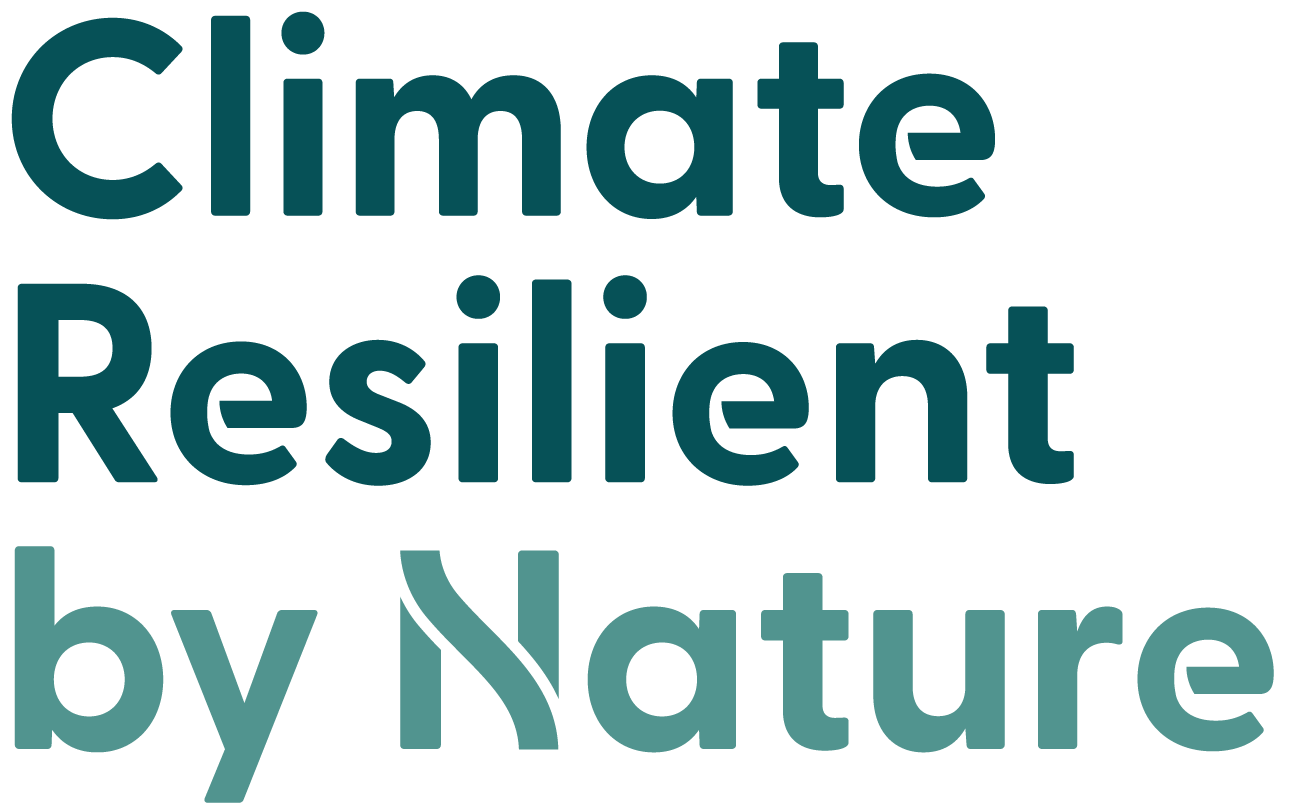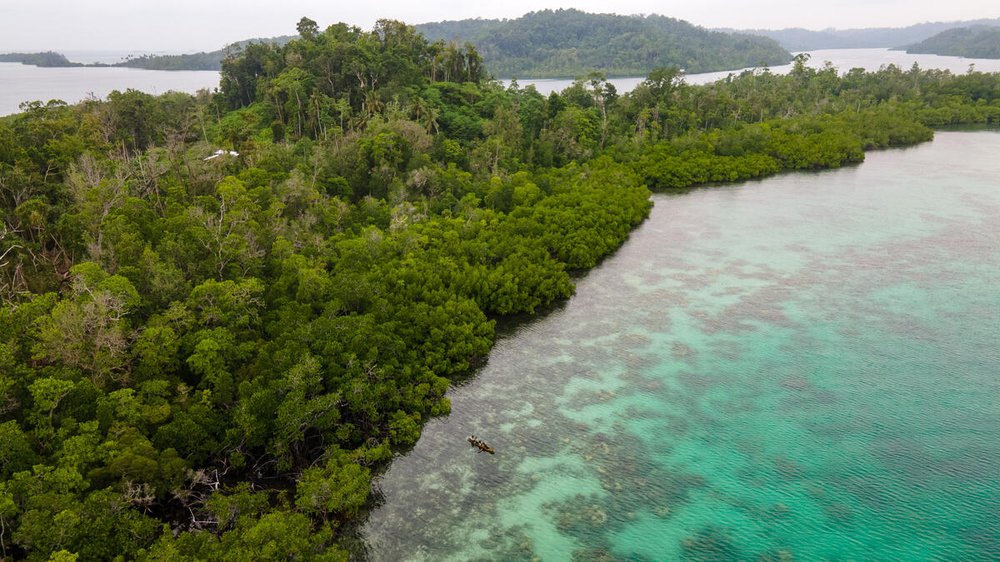
Community-based Participation in Nature-based Climate Solutions
Protecting mangroves and coastal forests and developing sustainable livelihoods.
Project partners
Save the Children (Australia, Solomon Islands, Papua New Guinea)
The Nature Conservancy (Papua New Guinea)
Countries
Kira project site. Papua New Guinea © Mai-Maasina Green Belt
Project summary
Coastal communities in Papua New Guinea (PNG) and Solomon Islands are facing a growing number of climate-related threats, with sea level rise and extreme weather leading to an increase in storm surges and coastal erosion. This has devastating impacts on communities and their livelihoods.
Building community resilience to address these threats must involve a greater focus on protecting coastal ecosystems, including mangroves and forests, that sequester carbon and provide a buffer from climate impacts. Protecting coastal ecosystems also makes economic sense. Communities potentially stand to significantly gain more from maintaining and managing mangroves and coastal forests than from cutting them down, including through accessing carbon market investment in nature-based solutions.
To help communities take advantage of increasing interest in carbon markets in nature-based solutions, Save the Children Australia and partners, Carbon Neutral, The Nature Conservancy and Mai-Maasina Green Belt, have developed the Sustainable Community Climate Resilience through Nature-based Solutions project.
The project is focused on supporting communities in coastal areas in PNG and Solomon to protect mangroves and coastal forests through initiatives like women and youth ranger programs and community replanting efforts, and to develop sustainable livelihoods derived from these healthy ecosystems such as honey production and carbon market investments. Meaningful participation of women and people with disabilities in climate-related decision-making and interventions is a particular focus, as is upskilling youth to engage with nature-based solutions.
This project is funded under Component 2 of Climate Resilient by Nature (CRxN) via the Pacific Nature-Based Solutions Challenge.
Our approach
Protecting and restoring critical ecosystems, including against threats like deforestation
Supporting alternative livelihoods from beekeeping, mangrove restoration work and carbon markets.
Supporting alternative livelihoods from beekeeping, mangrove restoration work and carbon markets.
Achievements
Mangrove nursery established with 50,000 seedlings grown and planted in Papua New Guinea.
584 people involved in new livelihoods in Solomon Islands and Papua New Guinea.
62 people completed beekeeping and honey production training in Solomon Islands.
Read more
© WWF-Pacific/Torn Parachute


